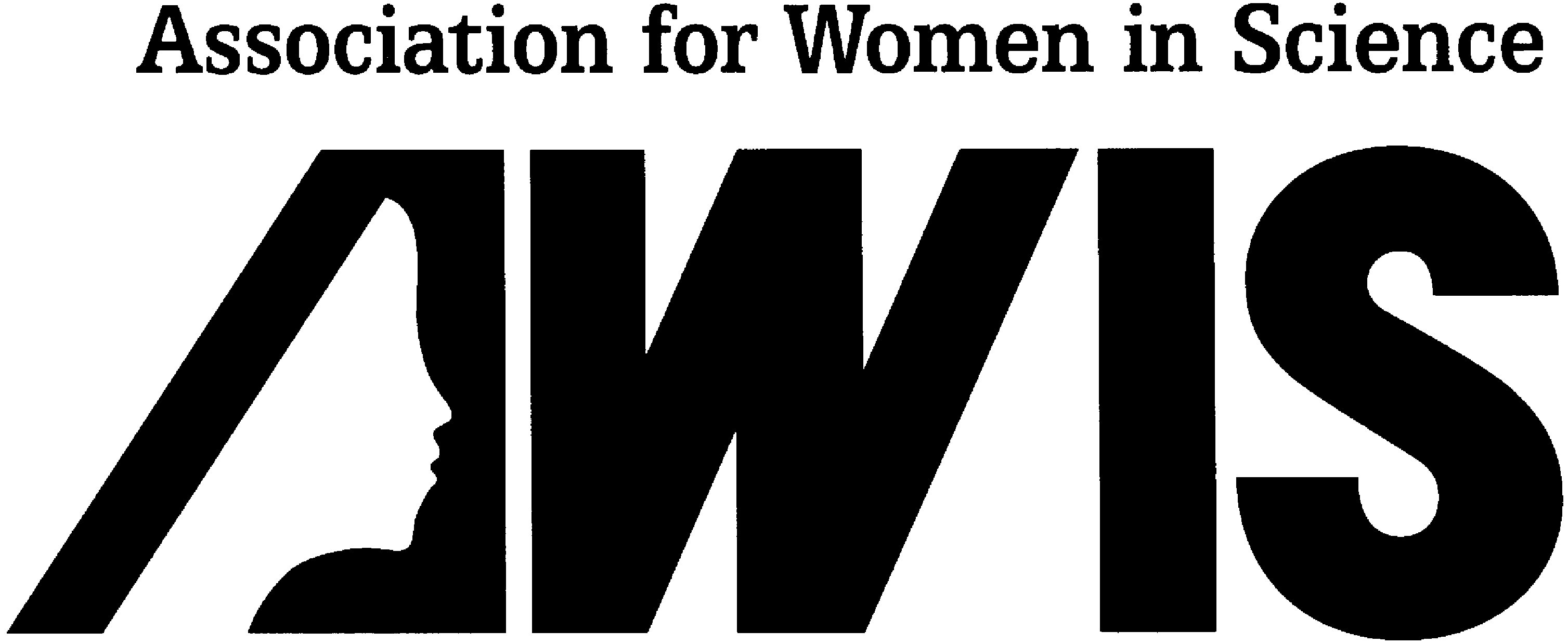After a formal request made by three Congresswomen, the U.S. Government Accountability Office (GAO) has officially launched an investigation over whether there really is a gender bias wielding influence over who is awarded research grants, something that would be a violation of the law.
Already, it’s pretty clear that there exists a sizable gender disparity when it comes to science, technology, engineering and mathematics (STEM) careers and also research at American universities and four year colleges. Only about 35 percent of all the tenured and tenure-track positions are held by women, and women only account for 17 percent of full professor positions in STEM fields. The size of this discrepancy has driven a number of studies to discover the biggest possible factors responsible for holding women back. Many of them have investigated from the beginning, looking at gender expectations of children beginning school or when looking to apply to colleges. While these certainly play a part, there is still a question of the women who continue pursuing careers in academic positions compared to those who choose to venture off into careers in the private sector.
Funding bias seems as though it could be one of the critical factors, holding them back, but at present, the GAO investigation has arrived at a considerable road block. As it turns out, three of what are the six largest agencies who provide funding for research grants — the Department of Energy (DOE), Department of Defense (DOD), and of course, NASA—have actually not been keeping track of demographic information on who applies for grants. “It is surprising to me that after decades of efforts to understand gender inequality and to recruit and retain women in Stem, the agencies are not collecting the data,” said Heather Metcalf, who is the director of research and analysis at the Association for Women in Science (AWIS). “The federal government cannot know if a problem persists or if interventions are effectively removing barriers to participation without meaningful data collection and analysis.”
Data presented from two of the largest U.S. funding agencies — both the National Science Foundation (NSF) and the National Institutes of Health (NIH), as well as the considerably smaller U.S. Department of Agriculture, have shown that at least under their watch, the interventions appear to be working. They found no apparent bias when it came to funding. Rather, the data shows that women who applied were in fact slightly more successful than their male counterparts when it came to obtaining grants from the NSF, although men were more successful when it came to receiving funding from the NIH, which was a target of sequestration in recent years. Without any data coming from the DOD, DOE and NASA, who are collectively responsible for over $4 billion (£2.7 billion) in grant funding each year, and who tend to be focused on materials and branches of engineering that have typically been considered the most problematic for gender equality, the picture remains a rather incomplete and unsettling one. “It’s not a matter of whether gender bias exists or not. There is a lot of evidence that it exists,’ says Metcalf. “Data can make people more aware of their biases so that they can take steps to ensure it does not influence the decisions they make in the work environment.”
One of the three Congresswomen responsible for the investigation — Eddie Bernice Johnson, a Democrat from Texas, has recently introduced legislation which would require all government research agencies to collect and have available demographic information on their applicants. The three Congresswomen have recently written a letter to the directors of these funding agencies requesting that they begin collecting demographic data for their grant applicants. AWIS, along with several other U.S. professional organisations, are openly voicing their support for the three Congresswomen and this measure, as they continue to pursue for a greater deal of transparency in STEM research funding. A great deal of the public are also unaware of the process involved in obtaining government funding for scientific research, and perhaps this new legislation if enacted could also put the process more into focus, benefitting more people than just women in STEM careers.
|
James Sullivan
James Sullivan is the assistant editor of Brain World Magazine and a contributor to Truth Is Cool and OMNI Reboot. He can usually be found on TVTropes or RationalWiki when not exploiting life and science stories for another blog article. |

